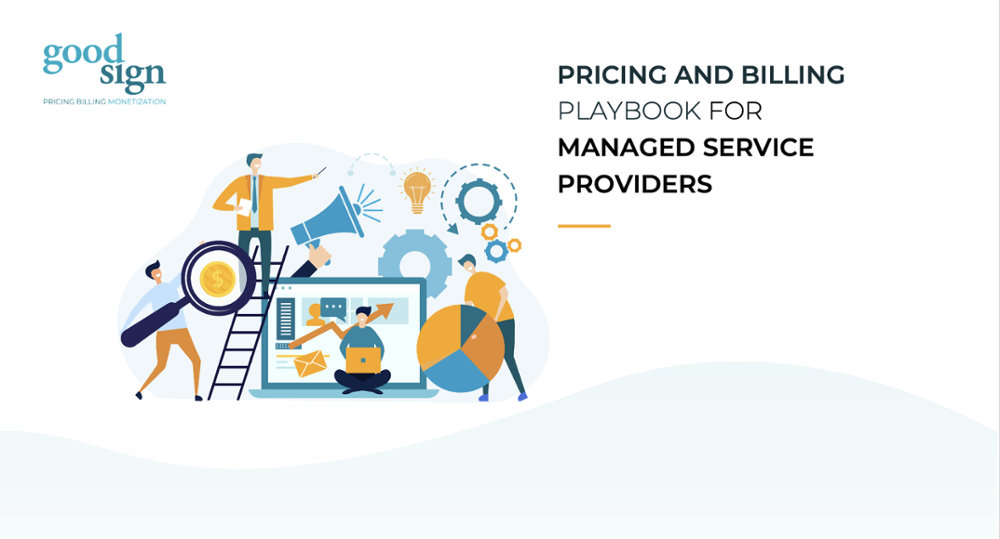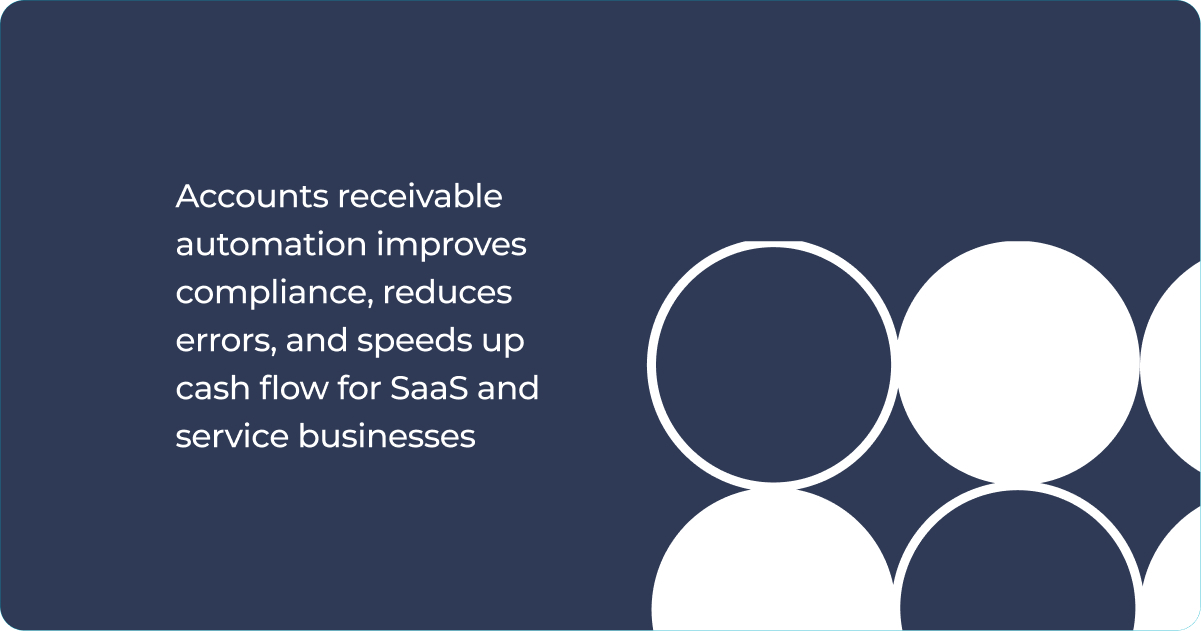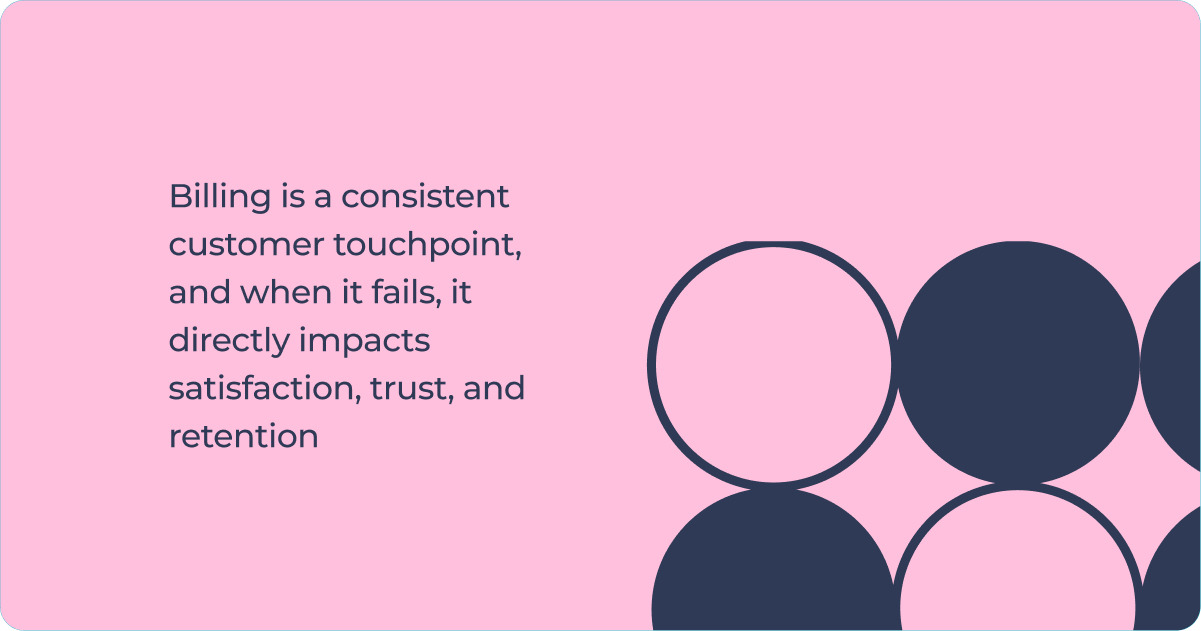Managed Service Providers deal with a bouquet of services and large cusomer-specific conracts. So, a scalable, transparent, and flexible pricing and billing solution is a non-negotiable part the MSP tech stack.
Large service catalogs and packaged products
MSPs often have large service catalogs with numerous products that may be completely unrelated to each other. For example, a kilobyte of backup and one hour of professional services are very different offerings and their prices are not calculated the same way.
Moreover, MSPs often bundle services together, so a service package might include multiple offerings under one price tag. For instance, server management may consist of several services, but the MSP may only show the main package and its price.
Multiple pricing models and pay-per-use
MSPs typically have multiple pricing models that depend on the customer contract in question. Most MSPs utilize pricing models common to other service businesses, such as flat fees, unit pricing, tier pricing, volume pricing, and overage pricing.
But there are typically some more specific ones, such as for example a monthly extra fee for servers with a specific operating system or even version or rating consumption based on monthly average or peak values.
These intricacies are amplified when you consider that each of the various customer contracts has specific discounts and other terms. And in fact, individual customer contracts may contain tens, or even hundreds, of customer-specific prices, charging models, and terms.
As an outcome, the service catalog may be multiplied by each variation in the charging models; the same product may be charged via a different pricing model between customers, for example, tier price for one and volume price for the other. In the end, pricing management and price changes might be a very complex and uncontrolled task.
Tracking billing data is the key
MSP billing is more and more based on data. Consumption data from various sources: timesheets, backup systems, virtual server management consoles, public cloud services, and much more.
The billing cycle is essentially a cycle to collect that data and map the data to customer contracts and prices. The number of data sources and variation in services makes this process very labor-intensive and error-prone if not automated properly.
This is where data modeling and rating are needed: to read data flexibly into the billing system, and to have the correct price for that data for each and every customer and contract.
Yes, coud services billing can be automated
Public Clouds like Azure, Office 365, AWS, and Google Cloud (GCP) have recently exposed a totally new area of operational challenge, and that also covers billing. Reselling and repackaging 3rd party services as a Cloud Solution Provider, or CSP requires new capabilities and flexibility as the offering and pricing fundamentals are changing all the time.
Typical pain points in cloud services billing are:
- Billing customers with different product codes compared to what the Cloud Service offers
- Managing price packages: Matching usage to package and billing package and overages.
- Currency conversions
- Calculating and adding uplifts and sales commissions
- Creating detailed invoice specifications and other reports based on usage data.
Contract lifecycle management is essential
Looking at the product and price complexity towards the customer, it is obvious that contract lifecycle management is essential for real-time visibility and operational efficiency.
This means an up-to-date snapshot of the contract:
- What services are provided at a particular moment?
- With what prices and terms?
To really be a usable tool, contract lifecycle management should have couplings to pricing and consumption, so that the real-time status of the contract can be easily seen. Very often, however, contracts are archived after signing and the real business content of the contract starts to live in various systems, fragmented. The only way to have a grip on contracts and contract bases is to have a proper tool for them.
MSP billing is where it all comes together
Although we are here talking about billing, the actual challenge is actually not what we consider "billing". Billing is the endpoint of collecting consumption data and mapping that to customer contracts, products, and prices to get the right price to be billed.
The manual billing process is a labor-intensive and also error-prone phase. It may involve a significant amount of employees: Service managers, project managers, and other specialists to collect and consolidate the data. And translate the data to match the customer contract.
But Billing has an important role in pulling out the actual invoices. And there a customer perspective should be taken care of, billing is a very important element of customer satisfaction.
Invoices should be:
- Easy to read
- Correct and timely
- Provide rich information about consumption and events during the billing period for easy validation
That is why the billing engine should be able to both group items on the invoice, like all servers on a single line, or split the consumption, like sharing the consumption for customer's projects. And also offer detailed invoice specification that explains why there actually is a line on an invoice.
So, walk the extra mile to offer the customer a pleasant experience when the invoice arrives.
How to Go Forward with an automated billing process?
To solve the pricing and billing challenges illustrated above, MSPs need a tool that provides both control and flexibility. This principally includes the core capability to set multiple prices per product, and flexibly create new ones.
Mass-editing capabilities for price changes are crucial for increasing several prices at once. A rating engine connected to customer contracts ensures that the right charge is billed for each item. Full transparency to contracts gives security to the customer, providing validating and eliminating manual work.
If you want to learn more about this topic, take a deep dive into our MSP playbook. Specifically written for MSP companies, this guide gives insight into some common problems, their root causes, and exactly where you should look to fix them
Download the MSP billing automation playbook
Moving to a modern, automated billing solution will not only save time and streamline processes, but it will enhance your customer's experience as well.
With flexible software like Good Sign in place, MSPs can naturally scale their operations, reducing pricing errors and increasing customer satisfaction.



